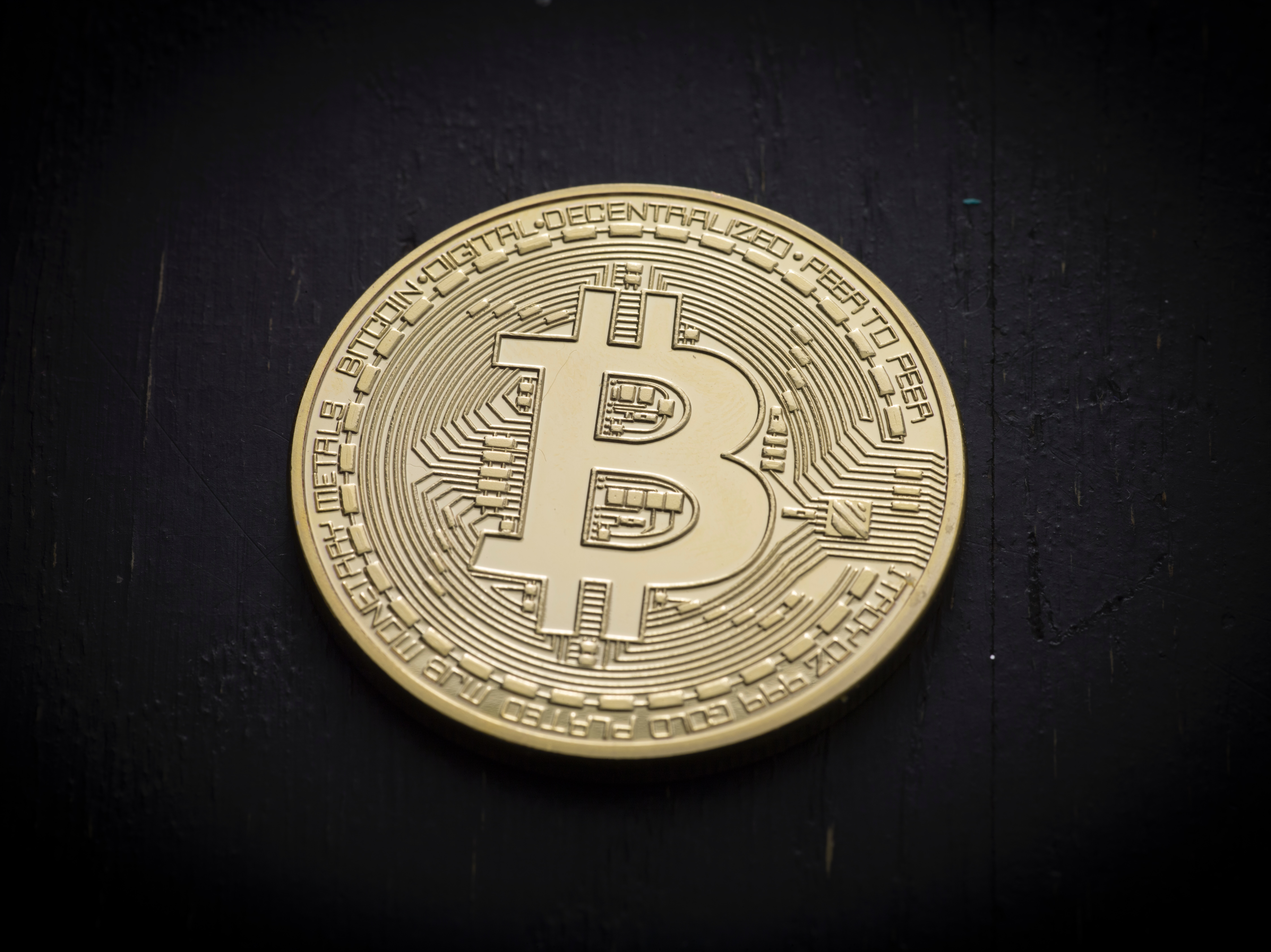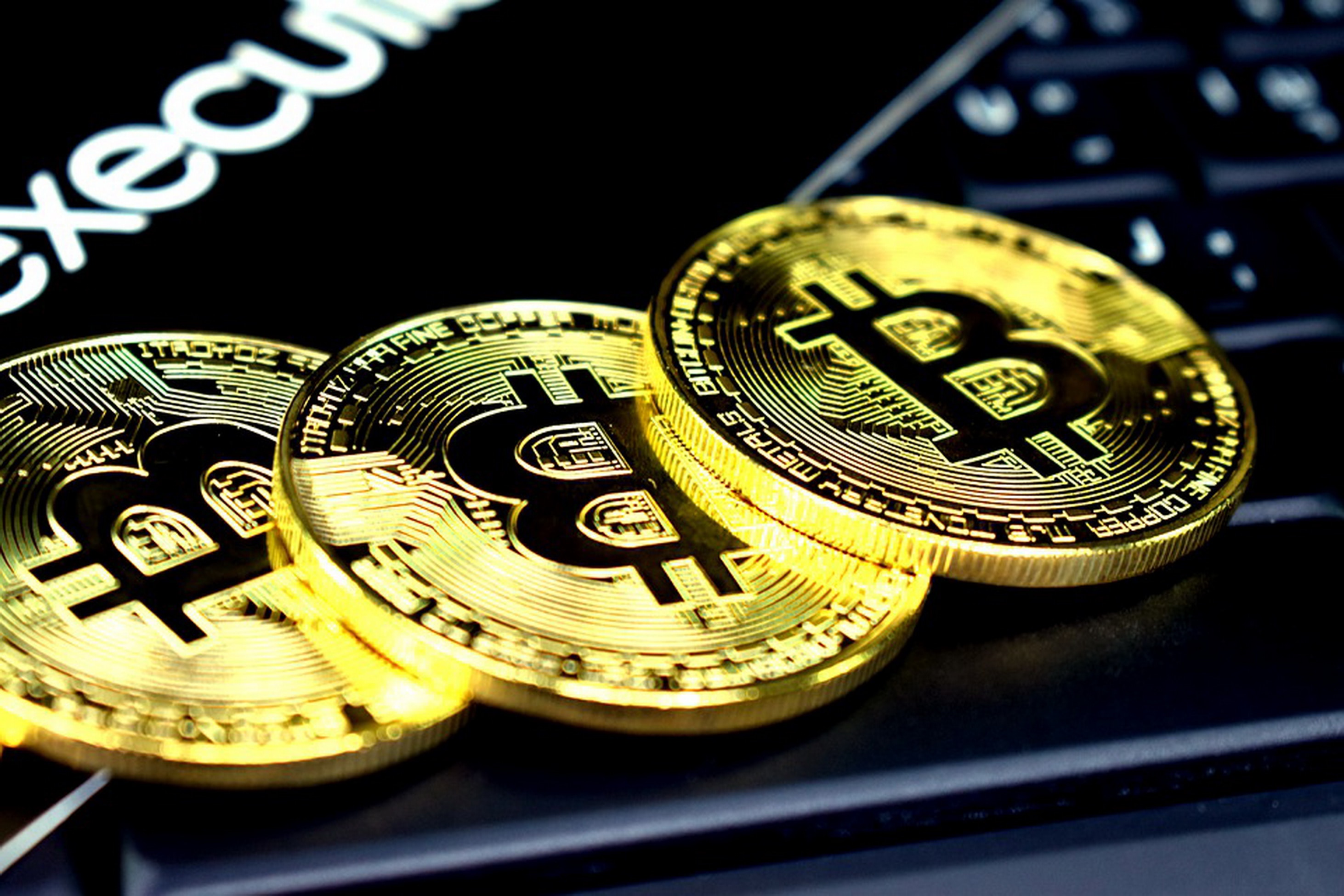Banks and cryptocurrency are basically antonyms. The sole purpose of Bitcoin and other altcoins was to exclude the middlemen such as banks in the process of money transactions. But that just isn’t possible at the moment.
The first type of intermediaries that popped up all over the web is online cryptocurrency exchanges. These services are usually centralized in nature, and offer users to exchange fiat for crypto (for example convert bitcoin to usd) or one crypto for another (for example exchange bitcoin to ethereum).
There are, of course, decentralized exchanges, but they still haven’t found their way place under the crypto Sun, as they still struggle with overcoming some fundamental problems. Until the technology behind DEX is perfected, CEX (centralized exchanges) are the only platforms that govern many crypto processes.
Therefore, the role of centralized exchanges could become more important if cryptocurrencies become more accepted as well. Face it – although some of them such as Bitcoin are used worldwide, they are still nowhere near to being called equal to fiat money.
Crypto exchanges will evolve, but can they become banks of the future? Well, first cryptos need to become equal to fiat. Is this possible?
Will cryptocurrencies replace fiat money?
There is no definite answer to this question. If we are going to take the near future, then the answer would almost certainly be negative.
Cryptos are still nowhere near the stage where they can simply replace US dollars or other cryptos. On the other hand, nobody can claim with certainty whether they will become the alternative to the physical money in the future.
The entire technology, as well as the crypto market, is still very fresh, and nobody knows the direction they are going to take in a decade or two, but you can start investing minimals amounts into Bitcoin in hopes it will increase in the future. Remember to use a secure platform and trusted platform like Bitcoin Era.

Will banks evolve?
One of the possible scenarios of the future is that banks would adapt to accept cryptocurrencies. On the other hand, if they want to accommodate their services to include cryptos, they will have to reshape the way they work and incorporate blockchain and other crypto-related technologies into their core. They will have to resemble online crypto exchanges in a way.
Cryptocurrencies will also have to change in order to adapt to banks. In that case, they would need further regulations, and all countries would have to estimate them as money. You can read more about the banks and their possible acceptance of cryptocurrencies in this article by Hacker Noon.
Are exchanges the good guys?
Right now, many crypto enthusiasts perceive crypto exchanges as opposed to “evil” banks. That’s pretty much right.
Exchanges are still new, and, although their primary goal is to profit off providing services for crypto transactions, they still have the same ultimate goal as cryptocurrencies – to disrupt the current financial systems and create a fair, modern, and decentralized world, offering financial services to every person on the planet.
For example, one of the most popular centralized cryptocurrency exchanges, simply named CEX.IO, is often perceived as a facilitator of crypto transactions and exchanges rather than “a greedy corporation trying to take away our money.”
In other words, when you take a look at CEX.IO fees, and other services they offer, it’s quite clear that they, as well as other centralized and decentralized crypto exchanges, want to improve further and grow as the crypto world grows.
Possible future scenarios: It’s all about the greed
But what would happen if crypto exchanges do become banks in the future? Well, at that point, there’s one factor we should take into account – human greed. Greed is simply a part of human nature, and banks do tend to be representatives of that type of behavior. Don’t get us wrong – they are not that bad, it’s just that people have always associated banks with greed.
How would a crypto exchange be different in this utopian crypto-dominated future world then? Sure, they are good now, but who can guarantee that they will remain that way once they have control over people’s finances.
This is where decentralized exchanges come into play. Nowadays, DEXs are simply not good enough to support high-volume transactions, mainly because they are not appropriately regulated. Their owners are anonymous and, as such, they can be intimidating to new investors.

However, many centralized exchanges aim to make their respective decentralized counterparts, such as Binance DEX. Others will definitely follow, as it is the only way to keep things truly decentralized and make crypto exchanges different from banks in the future.
In other words, if DEXs manage to solve some running problems and become regulated, they would be able to improve their overall popularity. Only then will we be certain that human greed won’t kick in, as most operations on an exchange would be conducted without the interference of an intermediary, which is the case with both banks and centralized exchanges.
Conclusion: Things are going the right way
Now, let’s not jump the boat and make no conclusions at this point. Anything could happen in five or ten years from now.
There are two ultimate scenarios. The first one is that cryptocurrencies would fail miserably and cease to exist. People would remember them as “that 2010s crypto craze.” We would continue dealing with banks until something better comes up.
The second ultimate scenario is that fiat currencies would be dethroned by BTC and Altcoins, paving the way for the new financial world order. Only in this case, crypto exchanges could become banks of the future.
If human greed doesn’t find its way to make the world more unjust, crypto enthusiasts believe that blockchain and cryptocurrencies would be able to improve the overall financial condition of the entire population.
Right now, it seems that the industry is moving forward towards the second ultimate scenario, as cryptos are getting more popular every day.
Yet, they are nowhere near to match fiat money, meaning that banks are here to stay for a long time.
On the other hand, crypto exchanges will still perform their primary roles and be the good guys compared to banks, facilitating crypto transactions, and contributing to the further development of the blockchain technology and the entire crypto sphere.

